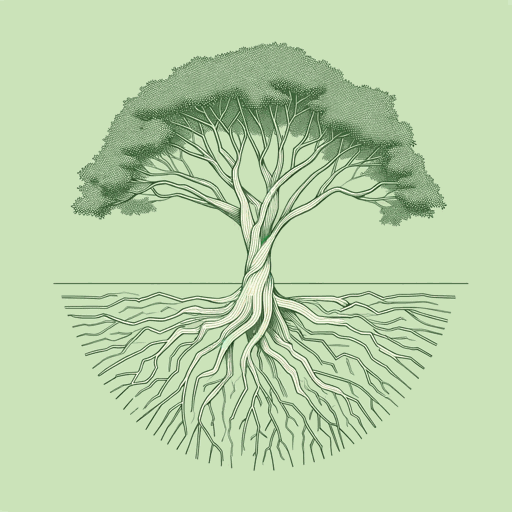39 pages • 1 hour read
Wangari MaathaiUnbowed
Nonfiction | Autobiography / Memoir | Adult | Published in 2006A modern alternative to SparkNotes and CliffsNotes, SuperSummary offers high-quality Study Guides with detailed chapter summaries and analysis of major themes, characters, and more.
Important Quotes
“The daughters made the clans matrilineal, but many privileges, such as inheritance and ownership of land, livestock, and perennial crops, were gradually transferred to men. It is not explained how women lost their rights and privileges.”
(Chapter 1, Page 5)
On the one hand, there is a core myth of feminine power in Maathai’s Kenyan society, and mothers and elders are particularly revered. On the other hand, Maathai comes to discover that Kenyan women have very few rights compared to men and must face frequent sexism.
“When European highlanders came to the central highlands at the end of the nineteenth century, they taught the local people that God did not dwell on Mount Kenya, but rather in heaven, a place above the clouds.”
(Chapter 1, Page 6)
This quote shows the influence of European colonialism on Kenya. It shows how white European settlers not only instilled different religious beliefs in native Kenyans, but also—as a partial consequence of these beliefs—devalued the Kenyan landscape.
“I admire the missionaries’ patience and ingenuity in facilitating communication among people who did not understand one another’s languages. They did their work well.”
(Chapter 1, Page 8)
Maathai acknowledges that, while white European settlers did much that was oppressive and destructive, in the person of Christian missionaries, they also did some good. In encouraging communication among different Kenyan tribes, the missionaries did work that was not unlike Maathai’s.

